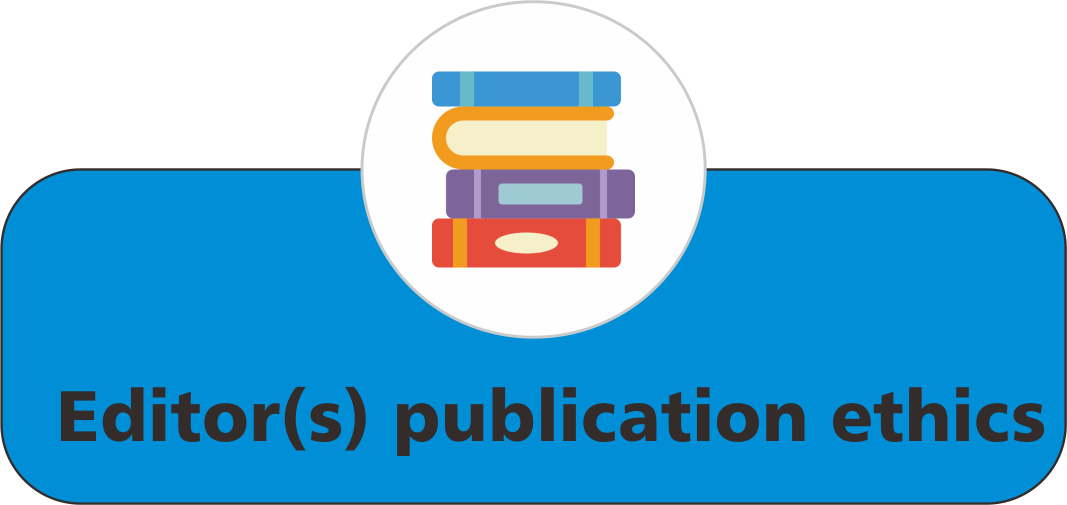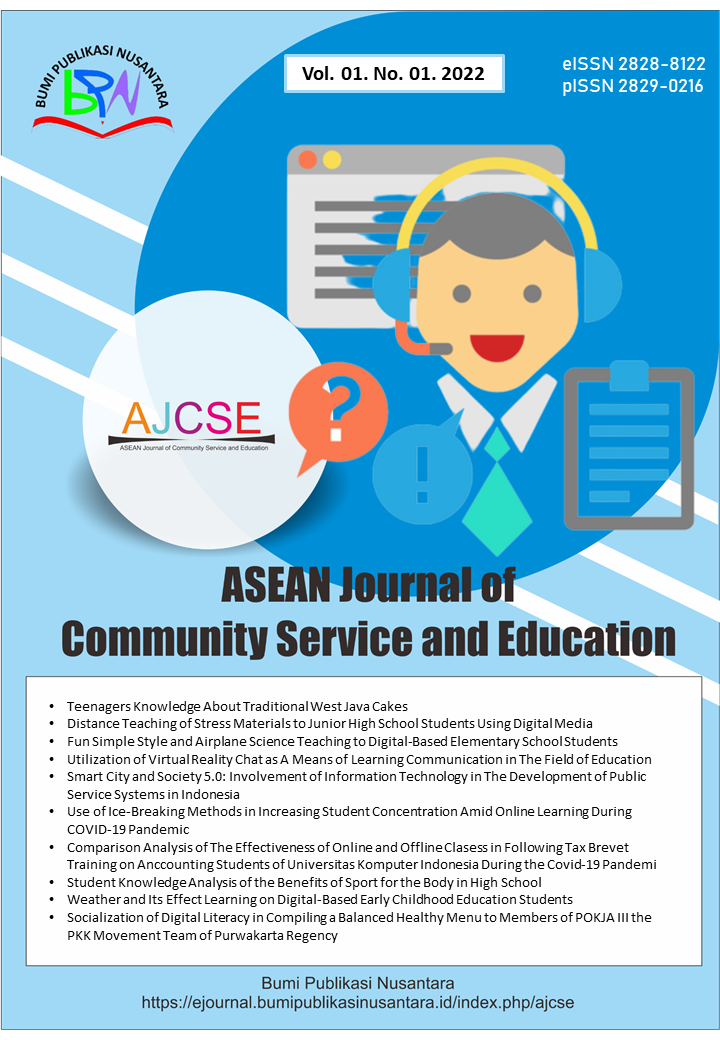Refugee Crisis and Hospitality in Literary Representation
 ),
),
(1) St. Lawrence College
 Corresponding Author
Corresponding Author
Abstract
This study analyzed Camilla Gibb’s Sweetness in the Belly through migration and refugee theories to explore displacement, identity, and belonging. The purpose was to examine how the novel portrays forced and voluntary migration about exile, and cultural hybridity. The method used was literary analysis informed by the works of Sorenson, Nail, Balibar, and Derrida. The results showed that the protagonist Lilly and other migrant figures experience uprootedness, exclusion, and vulnerability, but also create new forms of solidarity and resilience. This happened because systems of power seek to erase migrant histories while communities resist through hospitality and cultural continuity. The impact of this research is its contribution to refugee and migration studies by highlighting the importance of unconditional hospitality and community service as ethical responses to displacement in a global context.
Keywords
References
Adeoye, M.A. (2023). Book review on soteriology: An African outlook (a historical study of the Christian doctrine of salvation from an African perspective). ASEAN Journal of Religion, Education, and Society, 1(1), 49-54.
Aliu, A., and Aliu, D. (2022). The EU’s hospitality and welcome culture: conceiving the “No Human Being Is Illegal” principle in the EU Fundamental Freedoms and Migration Governance. Human rights review, 23(3), 413-435.
Almustafa, M. (2022). Reframing refugee crisis: A “European crisis of migration” or a “crisis of protection”?. Environment and Planning C: Politics and Space, 40(5), 1064-1082.
Almustafa, M. (2022). Reframing refugee crisis: A “European crisis of migration” or a “crisis of protection”?. Environment and Planning C: Politics and Space, 40(5), 1064-1082.
Bamfo, N. A. (2010). Ethiopia’s invasion of Somalia in 2006: Motives and lessons learned. African Journal of Political Science and International Relations, 4(2), 55-65.
Dimitriadis, I., and Ambrosini, M. (2024). Framing asylum at the local level: experts’ narratives of conflictual dynamics in the post-reception period in Italy. Journal of International Migration and Integration, 25(1), 257-279.
Effiong, J.B., and Aya, C.F. (2022). Rural-urban migration among women farmers: Science education, survey, and implication for food crop production in Cross River State, Nigeria. Indonesian Journal of Teaching in Science, 2(1), 75-80.
Hammond, L. (2014). History, overview, trends and issues in major Somali refugee displacements in the near region (Djibouti, Ethiopia, Kenya, Uganda and Yemen). Bildhaan: An international journal of Somali studies, 13(1), 7.
Ivanov, S., and Stavrinoudis, T. A. (2018). Impacts of the refugee crisis on the hotel industry: Evidence from four Greek islands. Tourism Management, 67, 214-223.
Junuzi, V. (2019). Refugee crisis or identity crisis: deconstructing the European refugee narrative. Journal of Identity and Migration Studies, 13(2), 117-191.
Kibreab, G. (1996). Eritrean and Ethiopian urban refugees in Khartoum: What the eye refuses to see. African Studies Review, 39(3), 131-178.
Kyriakidou, M. (2021). Hierarchies of deservingness and the limits of hospitality in the ‘refugee crisis’. Media, Culture & Society, 43(1), 133-149.
Lee, J. S., and Nerghes, A. (2018). Refugee or migrant crisis? Labels, perceived agency, and sentiment polarity in online discussions. Social Media+ Society, 4(3), 2056305118785638.
Mahadevan, J. (2024). Migration, ethnic otherness and the ‘refugee crisis’ in Germany: why more conflict is better integration, and how this reconfigures positive cross-cultural management scholarship. International Journal of Cross Cultural Management, 24(1), 41-58.
Maulinardi, A., Machmudi, Y., and Yunanto, S. (2022). The exodus of Ethiopian refugees in Sudan: a study of the roles and responsibilities of host countries. Sociae Polites, 23(2), 117-129.
Rozakou, K. (2012). The biopolitics of hospitality in Greece: Humanitarianism and the management of refugees. American Ethnologist, 39(3), 562-577.
Sajjad, T. (2018). What’s in a name?‘Refugees’,‘migrants’ and the politics of labelling. Race & Class, 60(2), 40-62.
Sherma, A. B. (2025). The subtlety of hegemonic masculinity in Nepali films through digital platforms: A critique of the film Saino. Scholars: Journal of Arts & Humanities, 7(1), 94–110.
Sidhu, R. K., and Rossi-Sackey, D. (2022). Navigating the politics and ethics of hospitality: inclusive practice with forced migrants. The British Journal of Social Work, 52(1), 138-157.
Sorenson, J. (1991). Ethiopia’s refugees. Refuge, 10(4), 3–5.
Warren, A. (2025a). Reconciling faith and identity: Homosexuality, emotional trauma, and religious interpretations in Islam, Christianity, Judaism, Hinduism, Buddhism, and the perks of being a wallflower. ASEAN Journal of Religion, Education, and Society, 4(1), 37-44.
Warren, A. (2025b). Community support and emotional recovery: Exploring identity conflict and social healing in Stephen Chbosky’s the perks of being a wallflower. ASEAN Journal of Community Service and Education, 4(1), 21-28.
Warren, A. (2025c). Exploring emotional trauma and identity development through literature: A psychological analysis of the perks of being a wallflower. ASEAN Journal of Community and Special Needs Education, 4(1), 29-36.
Article Metrics
Abstract View : 336 times
: 336 times Download : 136 times
Download : 136 times
Refbacks
- There are currently no refbacks.
Copyright (c) 2025 Bumi Publikasi Nusantara

This work is licensed under a Creative Commons Attribution-ShareAlike 4.0 International License.







